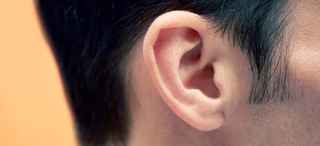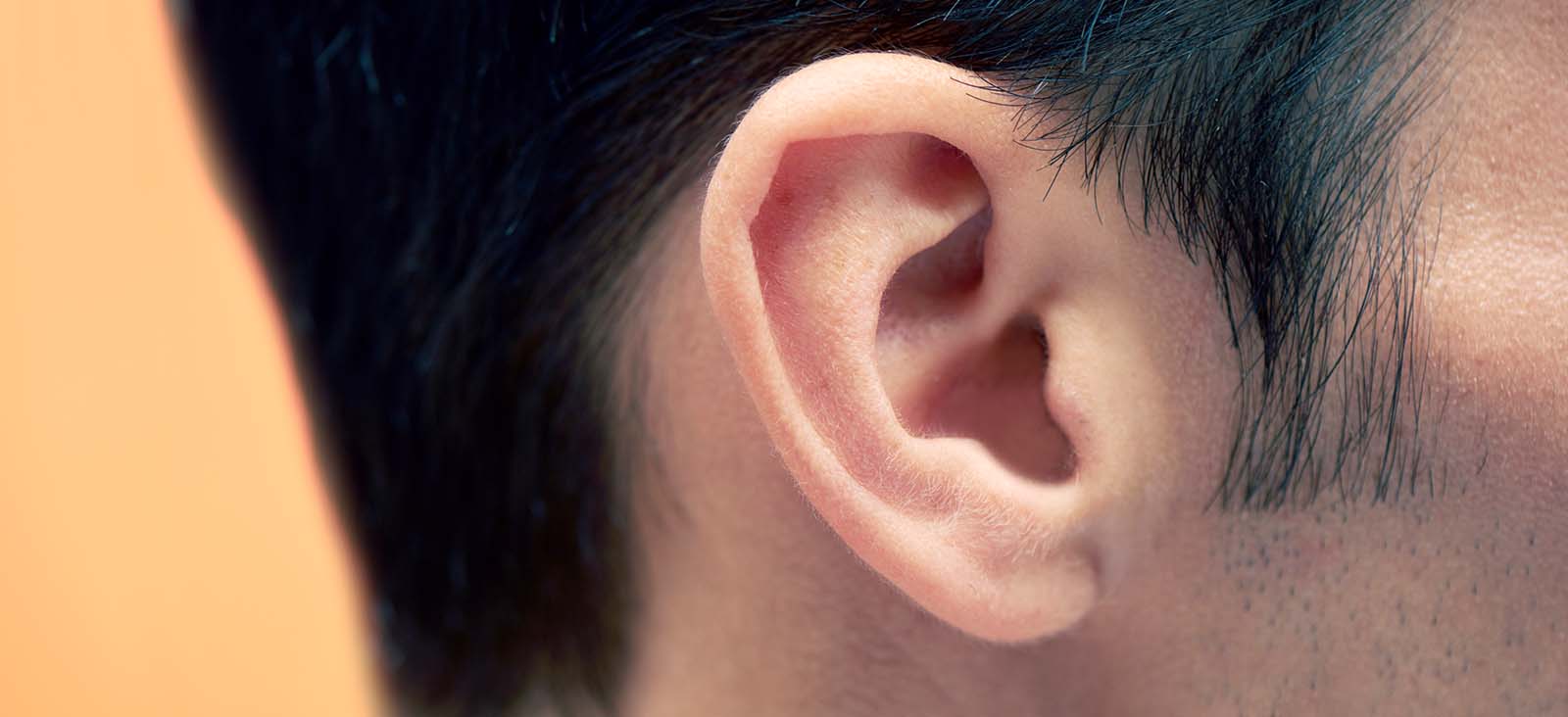Hearing aid costs vary depending on the style and circuitry selected. Generally, the more technologically sophisticated the hearing aid, the more expensive it is. The audiologist will discuss the various types of hearing aid technology and styles with you. Recommendations will be made based on hearing needs and budget.
Hearing Aids
New Patient Appointment or 214-645-8300
Leveraging the latest advances in technology and research, our team of audiologists provides expert and compassionate care for individuals with hearing impairment.
Once a hearing problem has been identified, our audiologists work with patients to find the best solution for their communication needs. Our audiologists are trained to work with many leading hearing aid manufacturers.
Audiological Evaluation
To determine if a patient is a good candidate for an amplification device, a comprehensive hearing evaluation is completed by a licensed audiologist, and a medical evaluation by a licensed physician needs to be performed.
The medical evaluation may be waived for adults in some cases, though it is still in the patient’s best interest to undergo the assessment because it ensures there are no medical problems that might interfere with successful hearing aid use. A recent hearing test, completed within the past six months, should be used to determine candidacy for amplification.
Hearing Aid Evaluation
Once we’ve determined that a patient is a good candidate for an amplification device, we will schedule an appointment for a hearing aid evaluation (HAE). During this appointment, an audiologist will review the results of the hearing test, discuss the specific problems the person is having, and help establish realistic goals for amplification.
The audiologist will review available hearing aid styles and technology and will make specific recommendations about which technology will work best for the patient to help meet specific goals. There is a nonrefundable fee for this visit.
Hearing Aid Dispensing
Once a hearing aid or other assistive listening device has been ordered, it may take 2-3 weeks before the item is received in the office. After we have received the order, we will schedule a hearing aid dispensing appointment. This appointment is 60-90 minutes long and will cover:
- Programming the hearing aid
- How to insert/remove your new hearing aid
- How to operate and maintain your hearing aid
- How to clean and take care of your hearing aid
- Listening strategies to optimize hearing
- Realistic expectations
- Warranty and trial period information
Because you will be listening through your hearing aid for the first time, it is helpful if a family member or friend accompanies you so you’ll have a familiar voice to listen to.
Frequently Asked Questions
How much do hearing aids cost?
Does insurance cover hearing aid costs?
Most insurance companies, including Medicare, do not cover the cost of hearing aids. Some insurance companies do pay fully or partially for hearing aid services. If insurance does cover hearing aids, a member of our insurance department will contact the insurance company to determine specific benefits, and this information will be reviewed with you before your hearing aid evaluation appointment.
Will hearing aids make me hear normally?
Even with the best technology, there will continue to be situations where you will not understand all of what is said. No hearing aid can completely eliminate background noise, but hearing aids do have technology that helps to boost the speech in front of you while lessening the effects of background noise. You will still need to look at the speaker's face, ask them to speak more “slowly and clearly,” and use other communication strategies to optimize your ability to communicate, especially in noisy or challenging situations.
What are the different types of hearing instruments?
The most common styles are behind-the-ear, receiver-in-the-ear, and in-the-ear hearing aids. The advantages and disadvantages of each of these styles will be discussed during your hearing aid evaluation.
People I know do not use their hearing aids. Why is that?
Everyone’s experience with hearing aids is different. Success with hearing aids is influenced by the following factors: type and degree of hearing loss, duration of untreated hearing loss, patient motivation level, consistency of use, and type of amplification. Working with your audiologist is important to make sure you’re receiving optimal benefit from your hearing aid.
Do hearing aids include a warranty?
Hearing aids come with a manufacturer’s warranty that includes unlimited repairs and one-time loss/damage replacement; typically, a deductible applies to the loss/damage replacement. The length of warranty varies by manufacturer.
Do I need two hearing instruments?
If you have hearing loss in both ears, it is recommended that you wear hearing aids in both ears. When you have equal inputs coming from both ears to the brain, it is easier to understand conversation, boosts the loudness of the signal, and makes it easier to determine the direction or source of sounds.
How much maintenance do hearing aids require?
Because hearing aids are exposed to wax and dampness in the ear canal daily, there is some daily maintenance involved with hearing aids. Hearing aid batteries must be changed every 1-2 weeks. The battery life depends on the size of the battery, the technology of the hearing aid, and the degree of hearing loss.
Hearing Aid Policies
Hearing Aid Trial Period
Texas state law requires that you receive a 30-consecutive-day trial period with your new hearing aids, which starts the day you are fitted with your new hearing devices. The terms of the trial period will be outlined in a hearing aid contract that your audiologist will review with you at the hearing aid dispensing appointment.
Hearing Aid Follow-Up Appointments
Because your body and brain take time to adjust to both the fit and sound of your hearing aid, it is expected that it will take you some time to fully adjust to your new device. A minimum of one follow-up visit is recommended during your trial period.
At the follow-up appointments, adjustments may be made to the sound and fit of the hearing aid. Additional follow-up appointments may be scheduled depending on your needs.
You will receive four follow-up visits at no charge during the first 12 months of hearing aid use; a standard office visit charge will apply to all subsequent visits. In-warranty manufacturer repairs will be completed at no charge during the length of the warranty period.
Return Options
If you do not perceive enough benefit from the hearing aid during the trial period, two options are available: a different hearing aid may be selected and a new trial period begun, or the hearing aid can be returned for credit.
There is a nonrefundable restocking fee if the aid is returned. This fee will be reviewed with you during the hearing aid evaluation appointment and outlined on your hearing aid contract. Once the trial period has expired, no refund will be issued.
Payment of Fees
It is our department’s policy that all fees for hearing aids are due and paid at the time the hearing aids are dispensed. If hearing aids are not a covered benefit through your insurance company, you may qualify for a self-pay discount. We accept cash, personal check, and all major credit cards. If hearing aids are a covered benefit through your insurance company, all charges will be billed directly through your insurance company. You will be responsible for all deductibles and non-covered expenses.

